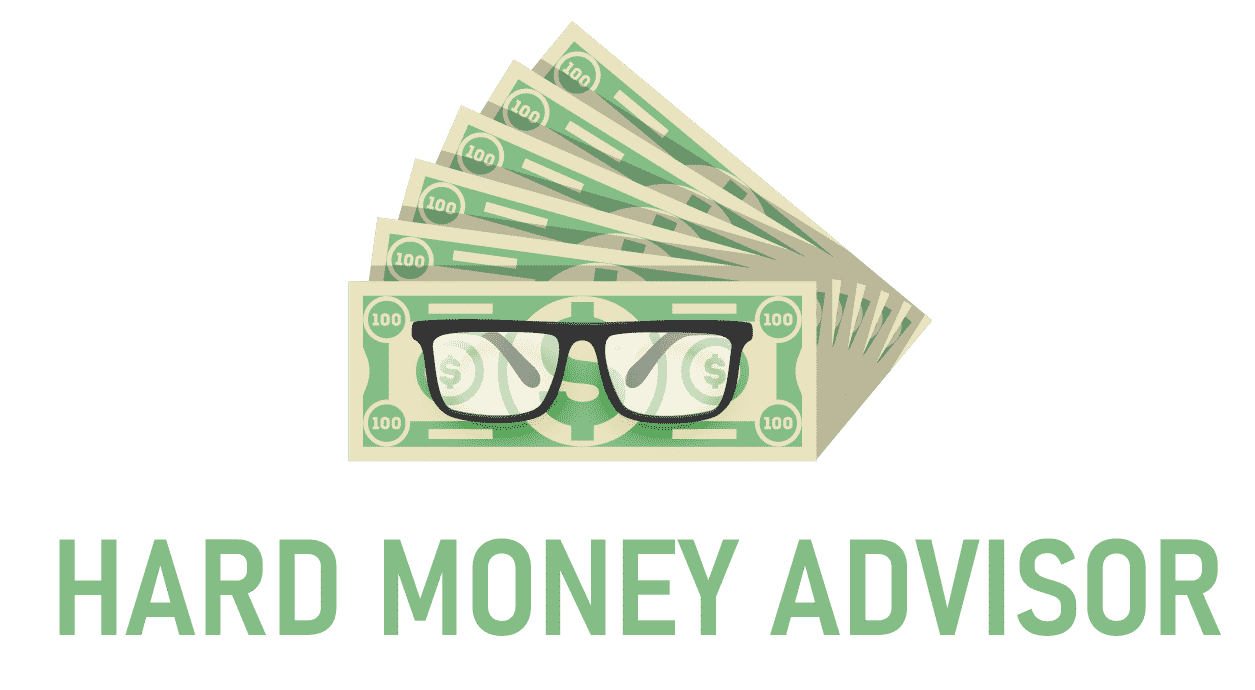What Happens if You Default on a Hard Money Loan?
What happens if you default on a hard money loan? Well, the consequences aren’t pretty. In many cases, you’ll have to deal with things like expensive late fees and the possibility of having your home foreclosed on. Hard money loans can be an excellent tool to scale your real estate businesss. Read the rest of this article to learn more about what happens if you default on a hard money loan.
What are the consequences of defaulting on a hard money loan?
The consequences of defaulting on a hard money loan can be pretty severe. What happens if you default on a hard money loan depends largely on whether the lender is an institutional or private lender.
The first thing to understand is that when it comes to lending, there are two main types of lenders—institutional and private. Private lenders are more tpyical for a hard money loan, so you’ll need to review the terms you agreed to with your specific situation.
In most cases, hard money lenders require first position on your loan. If you default on a hard money loan, the hard money lender will be able to foreclosure on the property to aassume ownership. In this case, you’ll lose the investment and any money you’ve put in.
What can you do to avoid defaulting on your hard money loan?
By looking at your credit scores and cash flow, you can identify if there is a risk of defaulting on your hard money loan. You should also have the ability to predict how likely it will be for you to be able to pay back the capital amount in full before your balloon date (which is typically around 6 months to 2 years).
The most important factor is to calculate all expenses associated with rehabbing your property, the costs of money and additional costs like insurance and utilities. What happens if you default on a hard money loan will largely depend on how well you plan ahead and ensure that your property generates enough income to pay back the loan in full if you plan on renting the property.
If rent is not sufficient, you’ll have to sink more of your own cash into the property and try to increase its value by either doing additional renovations or raising the price.
What happens if you sell your home while still in default for a hard money loan?
It may be possible to sell your home and transfer over all of the equity from the sale into paying back the balance owed on your loan, which will cancel out any late fees or additional interest paid. Additionally, some lenders may offer a discount on late fees if they’re repaid in full quickly, but defininitely don’t count on this. This will all vary from lender to lender, but generally, as long as you’re aren’t foreclosed on, you can sell the property and repay your lender.
What should you do before taking out a hard money loan?
You need to spend a lot of time analyzing all costs and your market. Time of year can play a big role in how quickly properties will sell. Summer times on market are typically much lower than winter. This additional time can often cost thousands of dollars in interest and payments. Don’t forget to factor in the costs of a realtor either!
Before taking out a hard money loan, you should also try to build up your credit. You should also create a realistic budget and ensure that you’ll be able to pay back the loan in full if necessary.
Are hard money loans recourse?
Typically yes, they are. Hard money lenders are not in the business of losing money. They typically have the right to pursue you for repayment or asset recovery if you default on the loan. Your state may have different rules, so be sure to research and discover these before agreeing to a hard money loan.
What is an example of hard money?
The most common example of hard money loans would be for a fix and flip loan. The investor finds a property which needs work to bring up to market standards. They negotiate with the seller for a price below market value, which leaves room for the costs of rehab, interest, additional costs and profit. The investor goes to a hard money lender who will typically lend 80-100% of the purchase price. Hard money lenders typically charge points on this money from 1-5% and alsso charge monthly interest payments of .5-1.5%.
The investor closes on the property, performs all necessary work, and sells the property six months later. If the lender didn’t require interest payments each month, that total is added on to the loan cost. The investor pays the hard money lender back with the proceeds from the sale and keeps whatever is left over.
In Conclusion – What Happens if You Default on a Hard Money Loan
The consequences of defaulting on a hard money loan can be costly and devastating. If you’ve been considering how to scale your real estate business, make sure that before taking out a hard money loan (or any type of loans) that you analyze all expenses associated with the property, including the cost of upgrades or repairs and additional costs like insurance and utilities. What happens if you default on a hard money loan will largely depend upon whether or not rent is sufficient enough to cover these expenses in full. You’ll also want to take into account what might happen should you sell while still in default for this particular type of loan. You may have options available through some lenders but regardless it’s important to know before signing up for one!
Hopefully this article clears up any questions you have about what happens if you default on a hard money loan. If you’re looking for the best hard money lenders in your area, be sure to check out state and city lists.


